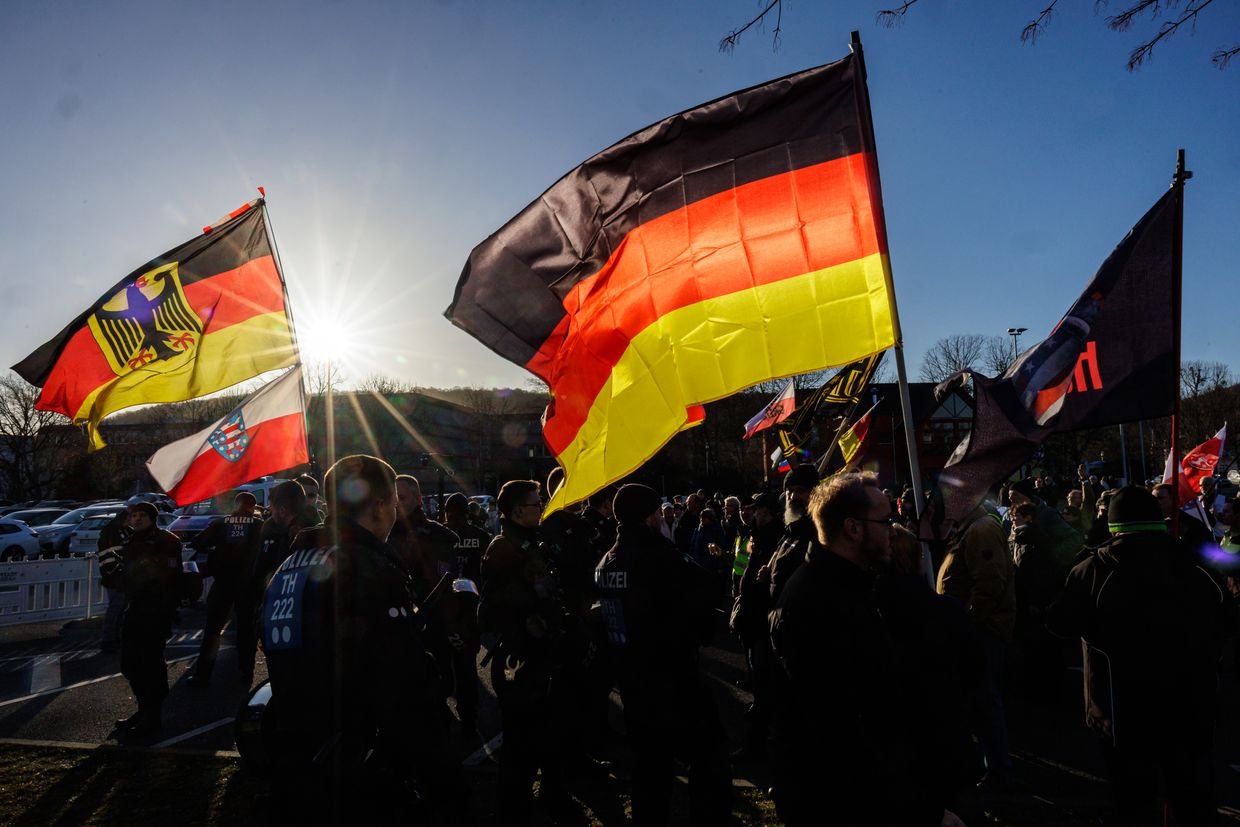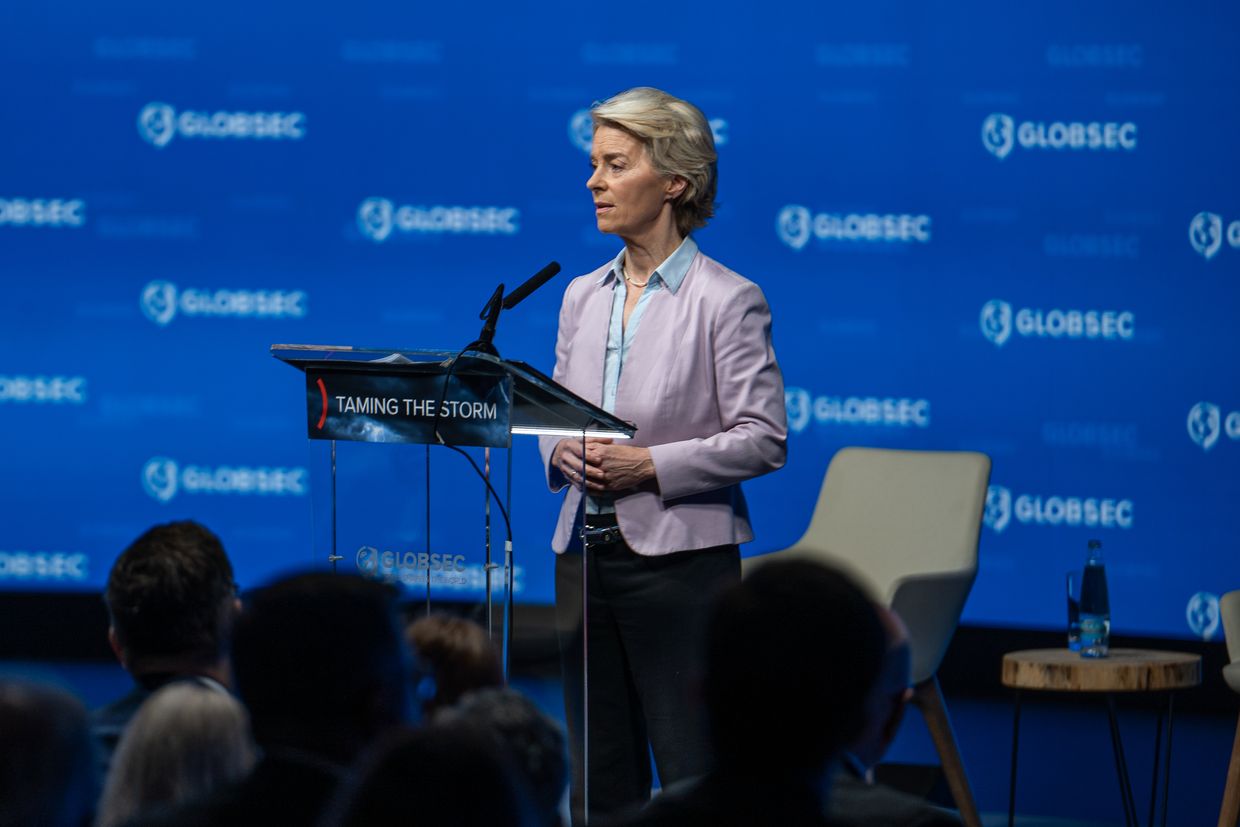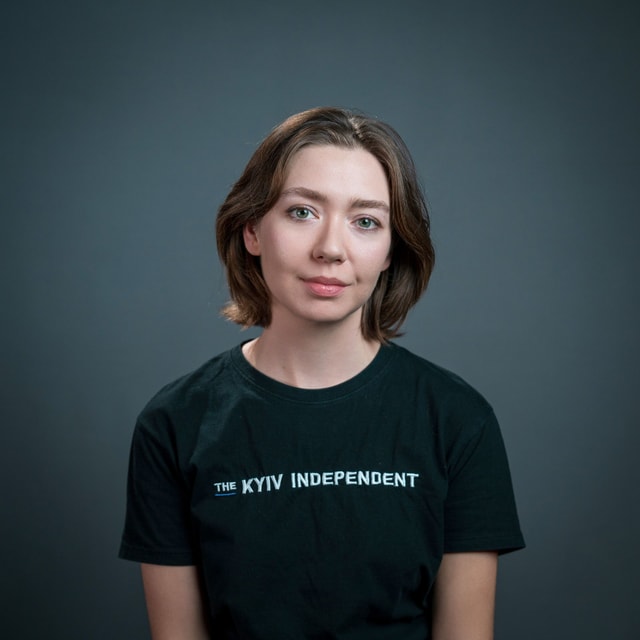Ukraine-skeptic parties win big in German state elections, tilting political landscape in Russia's favor

The continued rise of Alternative for Germany (AfD) entered a new chapter on Sept. 1, when the controversial far-right party came first in Thuringia's state election.
AfD won around 33% of the vote in Thuringia, a state of 2 million people in Germany's east. The results mark the first time a far-right party won a state election in Germany since the Second World War - 85 years to the day that Nazi Germany invaded Poland.
The leader of the AfD in Thuringia, Bjorn Hocke, is widely considered to be an extremist within an already extreme party.
Germany generally bans the word "fascist" from public rhetoric due to fears about disproportionate comparisons. A court in Thuringia ruled in September 2019, however, that describing Hocke as a fascist is nonlibelous due to his public rhetoric.
Anti-war, anti-Ukraine
In line with the rest of the AfD, Hocke has repeatedly urged for dialogue with Moscow and is against sending military aid to Ukraine. The AfD has a well-documented history of links with Russia and has established a foothold in parts of former East Germany.
Before February 2022, the party barely made efforts to conceal its warm relations with Russia. Co-leaders of the party Tino Chrupalla and Alice Weidel visited Russia in 2020 and 2021 respectively.
In May 2023, Chrupalla and party founder Alexander Gauland attended a reception at the Russian embassy, celebrating Russia's "Victory Day." Chrupalla claimed he attended the event because "dialogue should not be allowed to break down in times of crisis."
More recently, Hocke caused controversy when he declared in January 2024 that if he ever became German Chancellor, his "first trip abroad would take me to Moscow," rather than Washington, D.C.

Hocke has previously been fined for saying "Alles fur Deutschland" ("Everything for Germany"), a Nazi-era slogan that is illegal in Germany, during a rally in 2021. He repeated the first two words of the phrase during a campaign in December 2023, leaving the audience to complete the phrase. A court ruled in July he should be fined again.
AfD's campaign in Thuringia included the slogan "diplomacy instead of weapons," referring to Germany's position as the world's second-largest supplier of military aid to Ukraine after the U.S.
At a local campaign event prior to the state elections, he told the crowd that Germany "is on the brink of war with Russia, this country is on the brink of atomic war with Russia."
"Friends, we as Germans, we as Thuringians, we as voters say – no more war," he said.
On the day of the election, Hocke was pictured arriving at a polling station in a Russian-made Lada Niva - a Soviet cult classic car rarely seen on the streets of Europe.
New far-left party makes gains
Thuringia was not the only region where AfD saw success on Sept. 1. The neighboring state of Saxony also held elections, where the AfD placed second, with around 31% of the vote, inches behind the center-right Christian Democratic Union (CDU) won 32%.
Another party that frames itself as "anti-war" and has been actively supporting Moscow and opposing aid to Ukraine did well in the regional elections. The populist Sahra Wagenknecht Alliance (BSW) party came third in both Thuringia and Saxony, with 16% and 12% respectively.
Both the AfD and the BSW consider peace negotiations a priority above sending Ukraine military aid. MPs from both parties left the Bundestag in protest of President Volodymyr Zelensky's speech in June 2024.
BSW leader Sahra Wagenknecht, a former leader of the Left Party (Die Linke) who split to form her own party in late 2023, claimed Zelensky is promoting escalation of the war.

Like the AfD, the BSW is "effectively anti-Ukraine," Andreas Umland, an analyst at the Stockholm Centre for Eastern European Studies, told the Kyiv Independent.
"They supposedly want peace, and (they believe) the road to peace is to not give Ukraine weapons," a logic that ignores "the fact that the main problem is (Russian President Vladimir) Putin."
According to Umland, Wagenknecht is also "being promoted in Russian state media, where she is portrayed in a positive light."
Wagenknecht suggested on a political talk show on July 11 that the Okhmatdyt children's hospital, which was hit by a Russian missile on July 8, may have been instead damaged by debris caused by Ukrainian air defense.
Russia's Defense Ministry and Russian state propagandists made the same claim on the day of the strike. A U.N. assessment found "a high likelihood" of a direct hit by a Russian Kh-101 cruise missile.
During the same talk show appearance, Wagenknecht also inflated the numbers of German defense spending, claiming that "we spend 90 billion euros on weapons."
She was corrected by another panelist, political scientist Claudia Major, that the true number for the German defense budget is around 72 billion euros.
"I think I have a different relationship to facts than you do," Major told Wagenknecht.
Parties from Germany's ruling coalition, made up of the Social Democratic Party (SPD), the Free Democratic Party (FDP), and the Greens, were notably absent from the top of the polls in both Thuringia and Saxony.
The three ruling parties have gained a cumulative 10% to 12% in both regions.
National impact
Though the two parties – AfD and BSW – appear to agree on policies regarding Russia's invasion of Ukraine, they "are very far away ideologically from each other," Umland said. Wagenknecht has said she will refuse to form a coalition with the AfD.
"The question is how the centrist parties will relate to the extreme parties - whether the center-right will cooperate with the extreme right or whether the center-left will cooperate with the extreme left."
A broad coalition that includes the mainstream parties – SPD, Greens, and CDU – is likely to work together in Saxony, where they would still hold a slight majority. In Thuringia, a coalition without the extreme is impossible.

While the state elections will not have a direct impact on Germany's foreign policy, the "pro-peace" narrative pushed by Wagenknecht and Hocke may indirectly influence how voters view Russia's invasion.
The failure of governing parties to gain a foothold in the elections could also lead to a potential destabilization of the federal government, which could result in early elections.
"I wouldn't exclude that there could be snap elections already before 2025," Umland said. One silver lining for Ukraine is that the elections could see the CDU, generally considered a pro-Ukraine party, gain votes.
The results in Saxony and Thuringia, however, signal a change in the political landscape that is "in general not to the advantage of Ukraine," Umland concluded.














